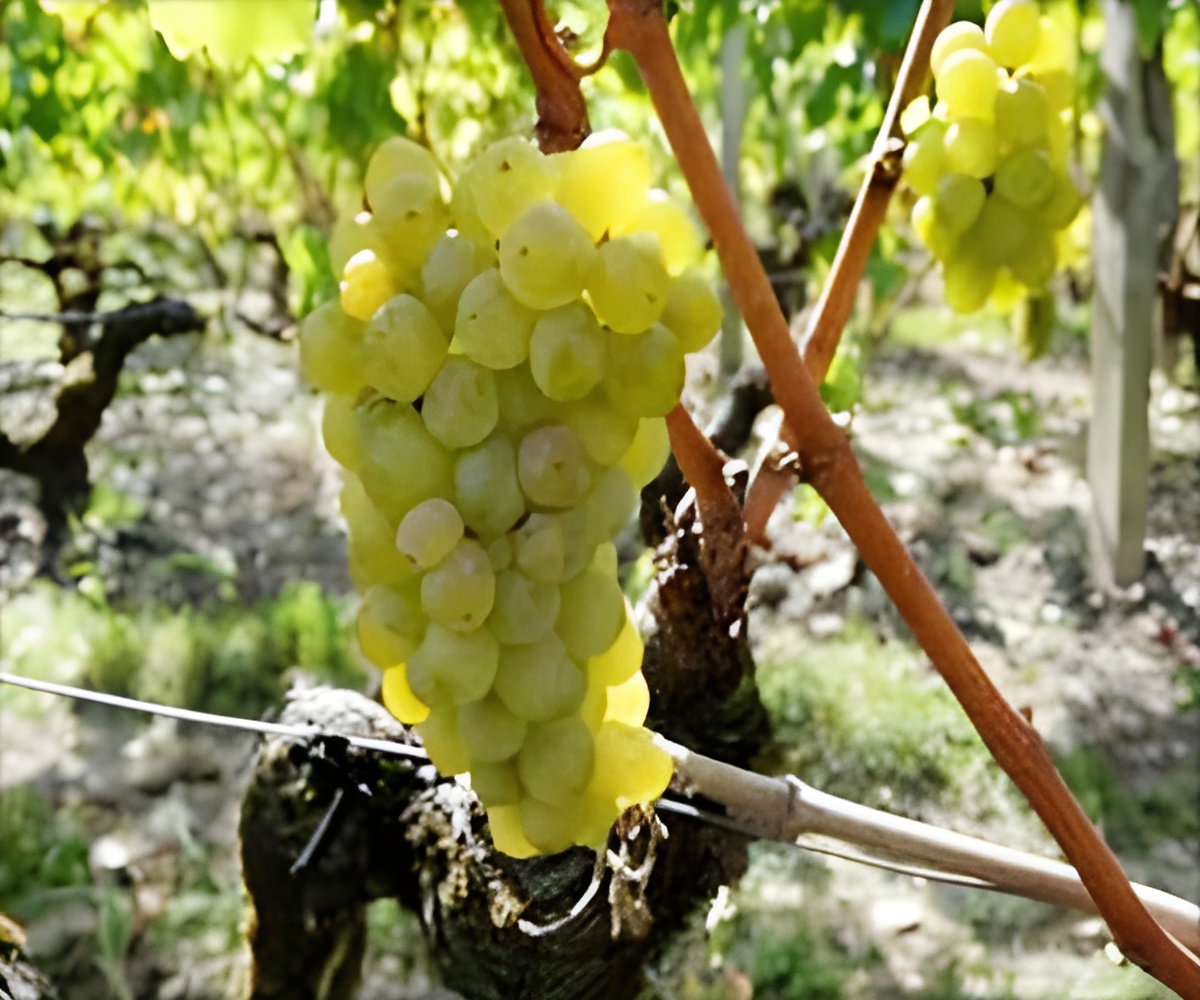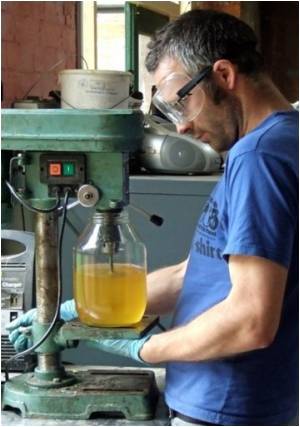Majority of the carbohydrates found in grape marc can be converted directly to ethanol through fermentation with a yield of up to 270 liters per ton of grape marc.

The researchers found that the majority of the carbohydrates found in grape marc could be converted directly to ethanol through fermentation with a yield of up to 270 liters per ton of grape marc. The leftover product was suitable for use as an animal feed or fertilizer. Ethanol yields could also be increased by pre-treatment with acid and enzymes up to 400 liters a ton.
Co-researcher Kendall Corbin said, "Using plant biomass for the production of liquid bio-fuels can be difficult because of it structurally complex nature that is not always easily broken down. Grape marc is readily available, can be sourced cheaply and is rich in the type of carbohydrates that are easily fermented."
The findings were published in Bioresource Technology.
Source-IANS












